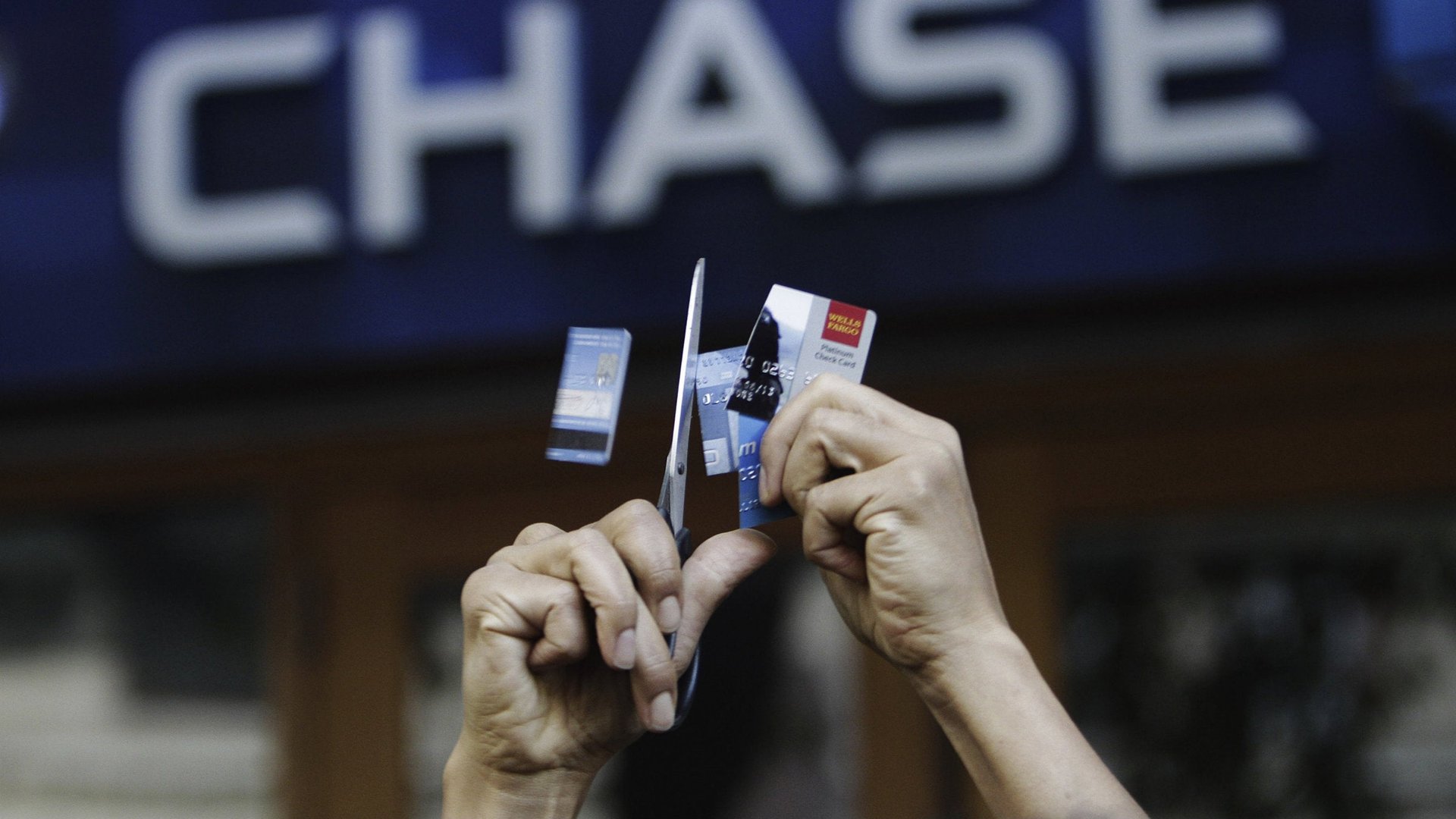If Apple does announce a payments system, it won’t be for the money
The rumor mill has concluded that Apple will announce some sort of payments system at its big event tomorrow. Some believe it may actually work: Apple has some 800 million credit cards on file, it has the trust of its users (well, for the most part), and it has the cooperation of big payment processors including Visa, MasterCard and American Express.


The rumor mill has concluded that Apple will announce some sort of payments system at its big event tomorrow. Some believe it may actually work: Apple has some 800 million credit cards on file, it has the trust of its users (well, for the most part), and it has the cooperation of big payment processors including Visa, MasterCard and American Express.
But what impact will payments have on the company’s revenues? James Gautrey, a technology and telecoms analyst at Schroders, an asset manager, ran the numbers.
On average, a payment processor takes as “interchange fees” about 2% of any purchase. So for every $100 you spend at your local Best Buy, MasterCard or Visa receives $2, which it shares with other players who are involved in the process, such as anti-fraud firms and banks. According to Gautrey, there can be as many as nine different parties involved in settling a payment.
Considering Apple’s involvement with Visa et al, it isn’t looking to disrupt the system and bypass all the middlemen so much as add itself to chain. Assuming it receives a 0.25% cut of each payment, and that 200 million of its 800 million card holders spend $500/year, that’s an extra 250 million in revenue for Apple, or about 0.1% of its projected revenue for the company 2015 financial year (which starts at the end of this month).
That’s the low end of the projection.
Let’s assume fully half of Apple’s existing customers, or 400 million people, spent $2,000 a year using the new payment system. Let’s go further and assume that Apple receives 0.75% of every transaction—perhaps by displacing some of the many intermediaries. That would still amount to just over 3% of Apple’s revenue. And we’re not even considering what it costs to put this system in place.
In other words, Apple’s presumed payment system is a play to lock customers into its eco-system by offering an innovative new service—one that other companies have struggled with. But it is not—and not meant to be—a money-maker for the company.